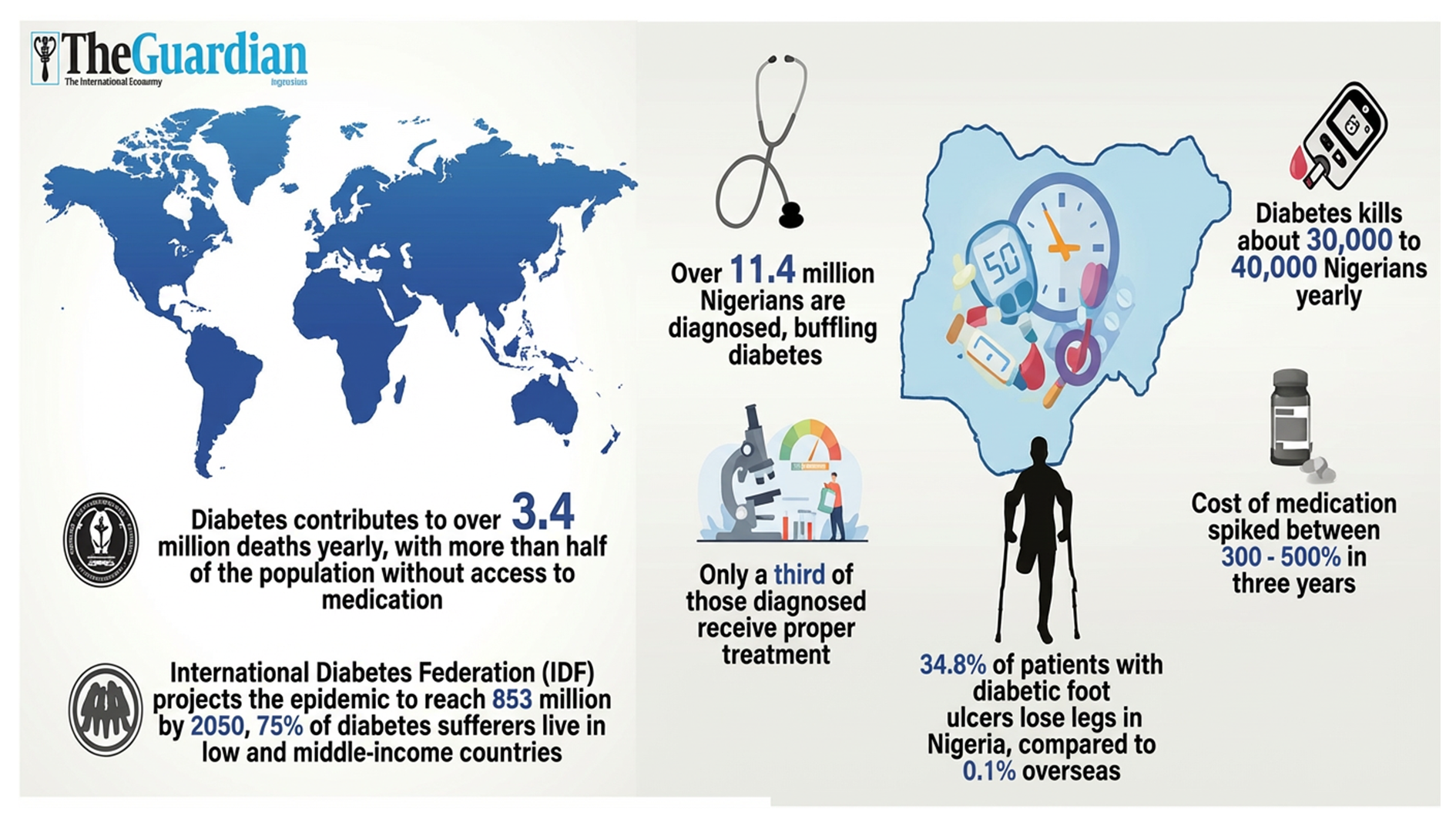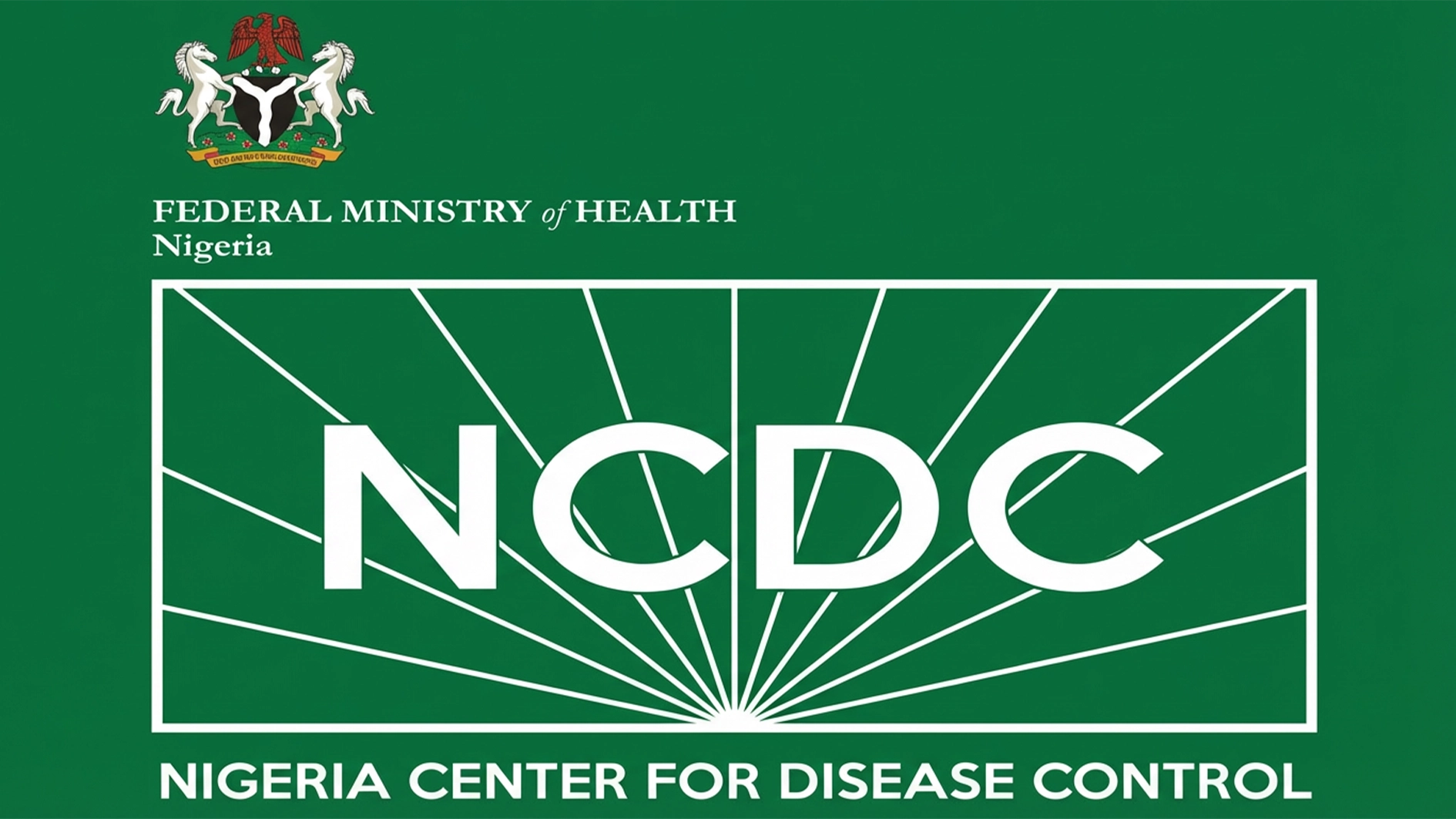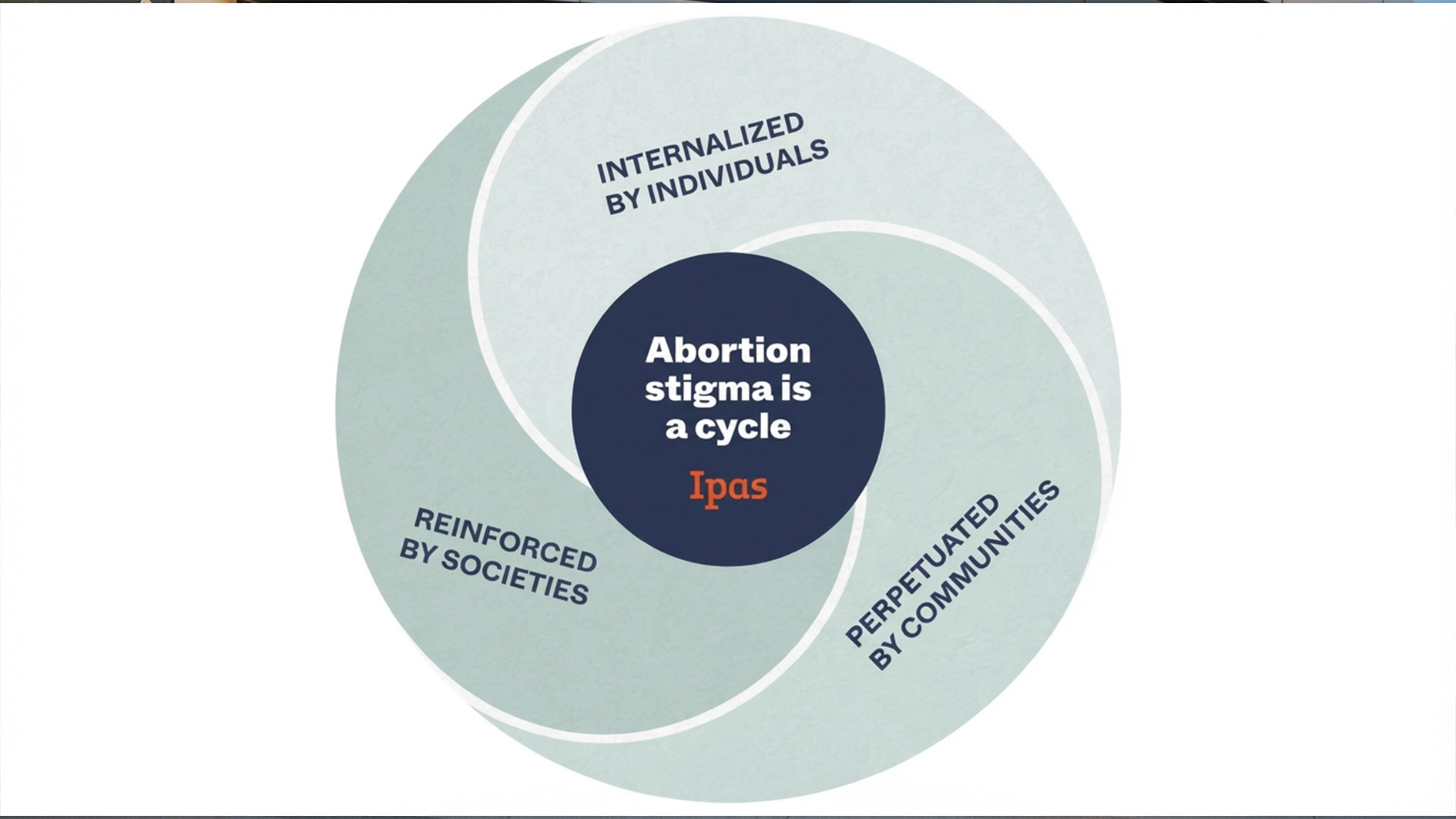The World Health Organisation (WHO) has emphasised the need to urgently bridge the diagnosis and treatment gaps in viral hepatitis in Africa through integrated services.
WHO Team Lead for Hepatitis, TB and HIV, Dr Akudo Ikpeazu, told The Guardian that while viral hepatitis prevention through immunisation is showing promise, diagnosis and treatment lag far behind.
She noted that viral hepatitis continues to represent a major public health challenge for the African Region, adding that the WHO Global Hepatitis Report showed that about 64.7 million people were living with hepatitis B, while the region accounts for 63 per cent of all new hepatitis B infections globally and 7.8 million people were living with hepatitis C.
Ikpeazu stated that the disease burden translated in 2022 into 272,000 deaths caused by hepatitis B, and 35,100 deaths caused by hepatitis C. She revealed that Nigeria is part of the 12 WHO AFRO priority countries for viral hepatitis, stressing that a total of 14,385,770 hepatitis B infections and 1,349,056 hepatitis C infections were recorded in 2022.
During the same year, the prevalence of hepatitis B and C were 6.6 per cent and 0.6 respectively, with the treatment coverage standing only at 0.1per cent for hepatitis B, and at 1per cent for hepatitis C.
Despite the high burden, she stated that viral hepatitis remains underdiagnosed and undertreated. “As of 2022, only 4.2 per cent of people living with hepatitis B were diagnosed. Only 5.5 per cent of people living with hepatitis B received treatment (among those diagnosed), and just 0.2 per cent of people living with hepatitis B received treatment (among all people with hepatitis B).”
Ikpeazu further disclosed that only 13 per cent of people living with hepatitis C were diagnosed, while only 3 per cent of people living with hepatitis C received treatment.
She highlighted drivers of hepatitis to include mother-to-child transmission of hepatitis B at birth, prevention failure, and low HepB-BD vaccination coverage, which stood at just 18 per cent, the lowest globally.
She said: “The HepB-BD is effective at preventing prenatal HBV infection, if given within 24 hours after birth and followed by at least two subsequent doses.”
However, of the 47 countries in the region, only 17 provide HepB-BD vaccination as part of their routine immunisation programmes.“Other key drivers include sexual transmission, unsafe medical practices (such as use of unsterilised medical equipment, unsafe blood transfusions, inadequate infection control in healthcare settings), and injection drug use without harm reduction measures.
Ikpeazu listed barriers to accessing hepatitis care in the African Region to include centralisation of services, financial constraints, and lack of awareness. She noted that testing and treatment services are offered in tertiary or referral hospitals, often in urban centres, making access difficult for rural populations.
She observed that patients often bear the burden of diagnostic and treatment costs, with out-of-pocket expenses, adding that awareness and demand for services are low, and many people infected are unaware of their condition.
Ikpeazu urged countries to adopt a public health approach focused on decentralisation, integration, affordability and people-centred care. “Point-of-care diagnostics offer rapid, decentralised testing solutions that can be deployed in rural clinics and community settings. Getting access to self-testing kits can lower barriers to diagnosis and identify silent infections.”
Ikpeazu called for strong political leadership, affordable tools and equitable service delivery in the region to reduce the toll of hepatitis and deliver on the global commitment to elimination by 2030.






